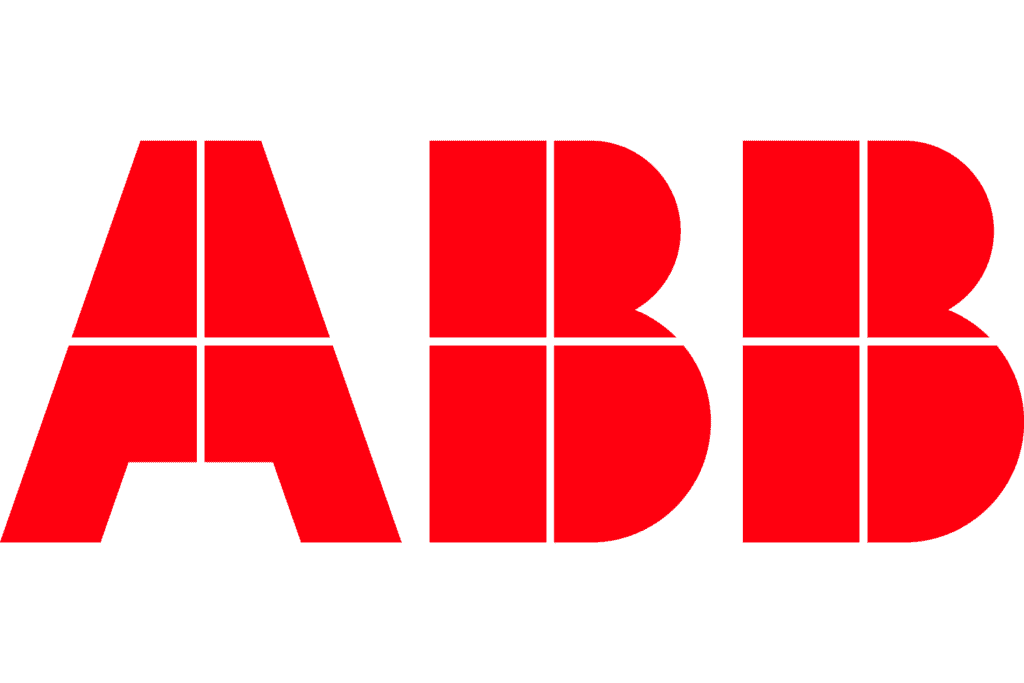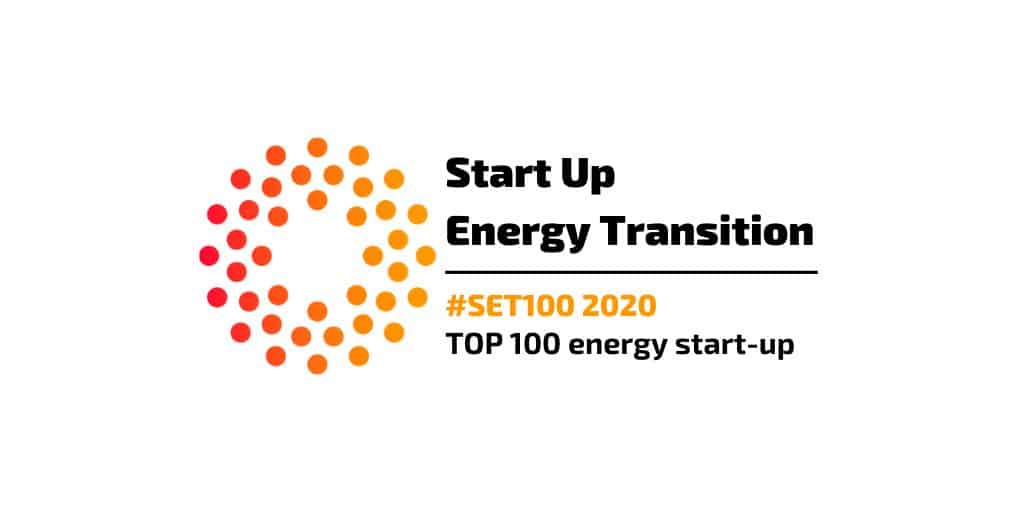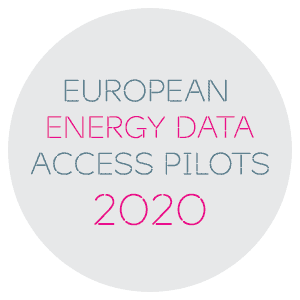What is smart meter data?
Let’s start by going back to basics. A smart meter is a device which records energy consumption in residential or commercial buildings, usually every 30 minutes, and passes that data back to the energy supplier. The technology is a key part of the global drive for a more sustainable, more efficient energy system, and has a vast range of benefits along the entire energy value chain – from facilitating complex grid analytics and load/demand balancing to enabling innovation in smart homes.
Across Europe, the smart meter rollout plods on with up to 34.8 million smart meter units expected to be installed in 2021. In Italy, an early adopter, there are more than 30 million smart meter points already installed covering nearly 100% of residential households. Progress overall however is slow, hampered by consent and privacy issues – read more about those here – a lack of standardisation and the unforeseen impact of COVID-19, and a full European rollout isn’t expected until 2032.
Why is smart meter data useful?
Although challenging to access, integrate and fully exploit, the commercial advantage of smart meter data to those able to overcome this barrier is clear.
For the retail sector in particular, moving rapidly towards a customer-centric service-led business model, smart meter data offers a faster route to digital transformation and the chance to stand out from the crowd in a very competitive market. The consumption metrics from smart meters open up a fascinating window into the behavioural patterns of their service users – namely, when their customers are interacting with their services, and how they’re doing so. With this valuable insight in their pockets, energy suppliers are then able to engage on a far more personalised level with the customer and deliver innovative digital services that are entirely based on data-driven preferences. It brings them closer to a full-service offering, an Energy-as-a-Service approach rather than an outdated and less profitable single product stream.
For the customer, the benefits of installing smart meters in the home have been much heralded over the past decade and include:
- Greater visibility over their own energy usage and an end to annual meter readings and estimated billing
- A vastly improved seamless customer experience with everything from usage information to billing on one digital platform
- Access to dynamic tariffs tailored to usage, offering cost savings for households
Look at the example of pioneering utility Octopus which offers dynamic tariffs for smart meter users including one aimed specifically at electric vehicle owners and another offering half hourly rates so consumers can truly tweak their consumption accordingly for the lowest prices.
But what’s the benefit to the retailer?
If smart meter data puts the consumer in control of their energy usage and enables them to drive down their consumption to reduce bills, surely that just hits the utilities’ bottom line? Actually, it’s quite the opposite. Smart meter data drives up customer engagement for the energy retail sector and sparks opportunities for new revenue streams as well as significant operational cost-savings.
Firstly, the tailored approach with personalised digital services creates happy, engaged customers and that in turn translates to loyalty which, in an increasingly competitive supplier market, is worth its weight in gold. The smart meter data is integral to the innovation and development of digital apps and services which further expand the supplier’s customer offering.
Secondly, much like the benefit to grid owners and operators, smart meter data opens the door fully to demand-side response by playing a key role in operational streamlining, including:
- Shifting peak demand through use of flexible time-of-use tariffs
- Vastly improving forecasting capabilities
Knowledge certainly is power when it comes to the efficient and profitable balancing of supply and demand, and smart meter data has the potential to put the retail sector firmly in the driving seat.
Want to know about our much-anticipated solution to the challenge of accessing near real-time smart meter data? Our new service, coming soon, offers a unique route to integrating electricity metering data across Europe, with a huge range of commercial opportunities and benefits. Get in touch to find out more!











